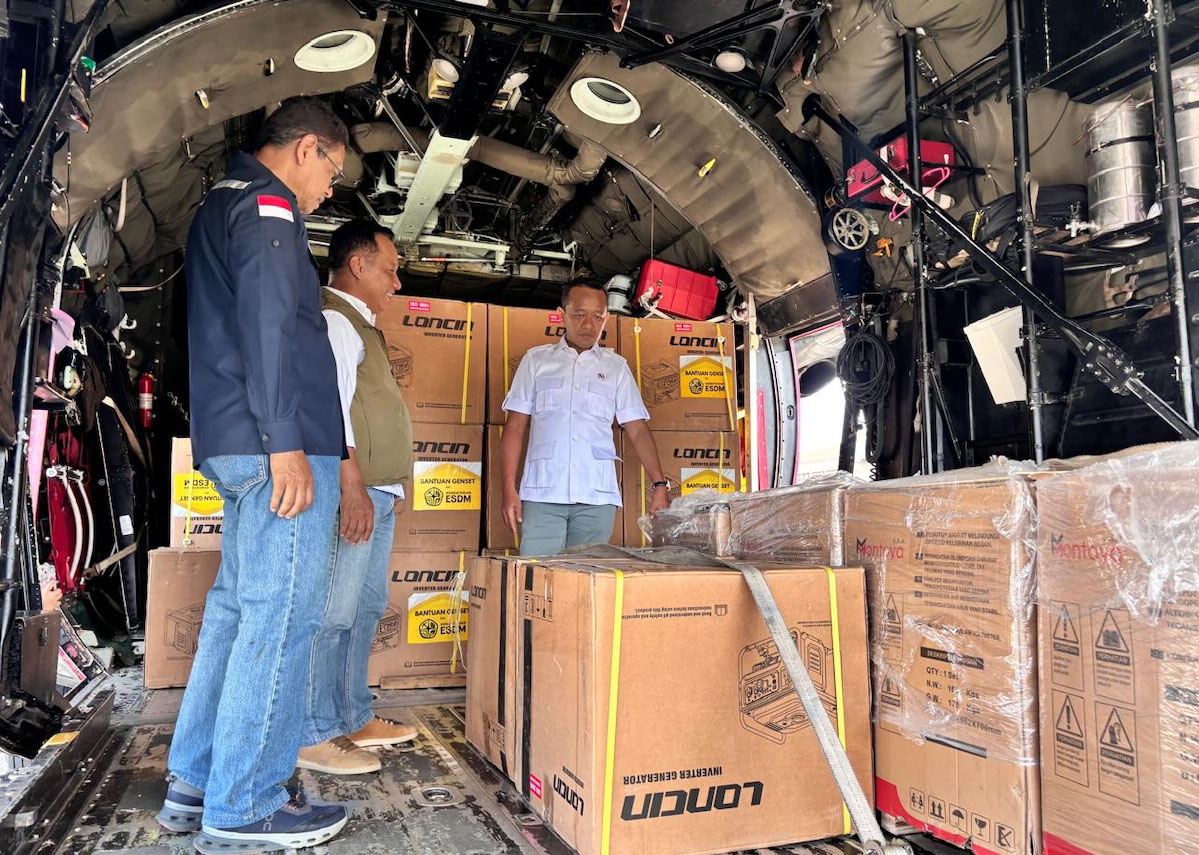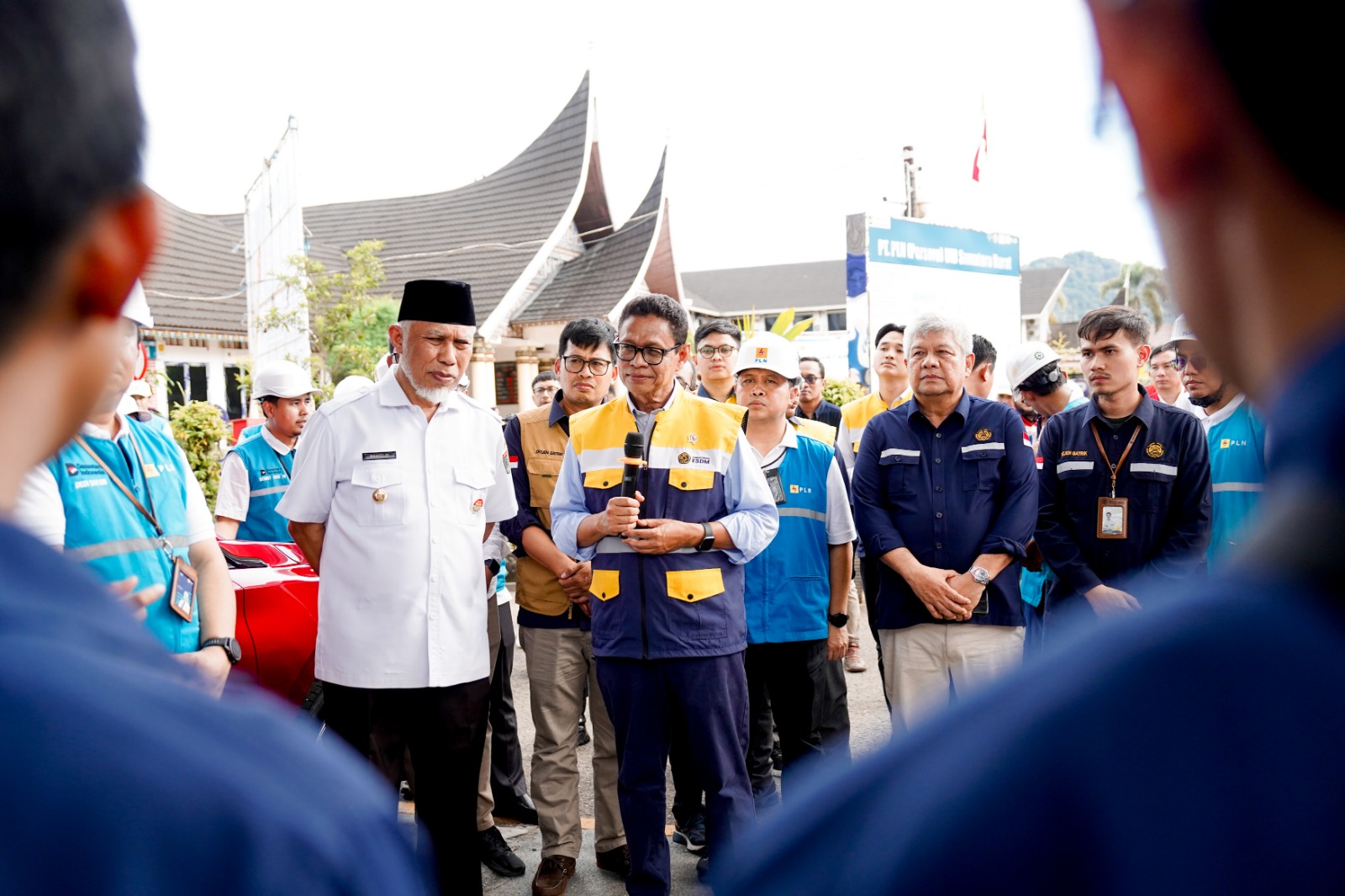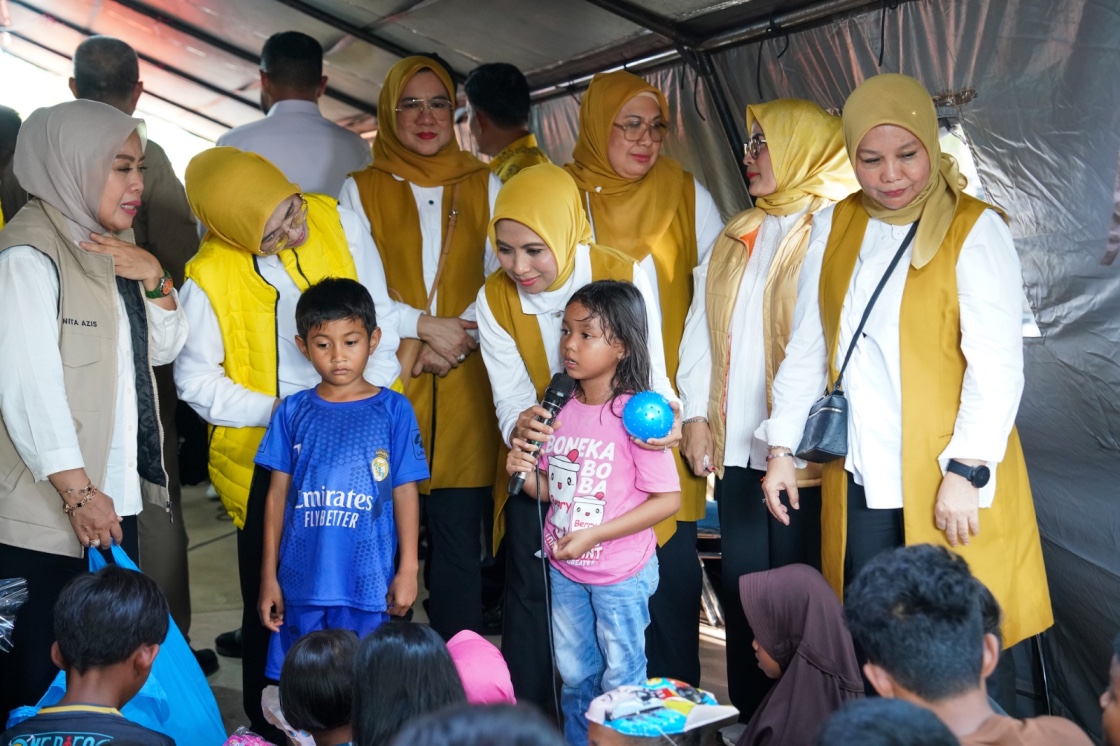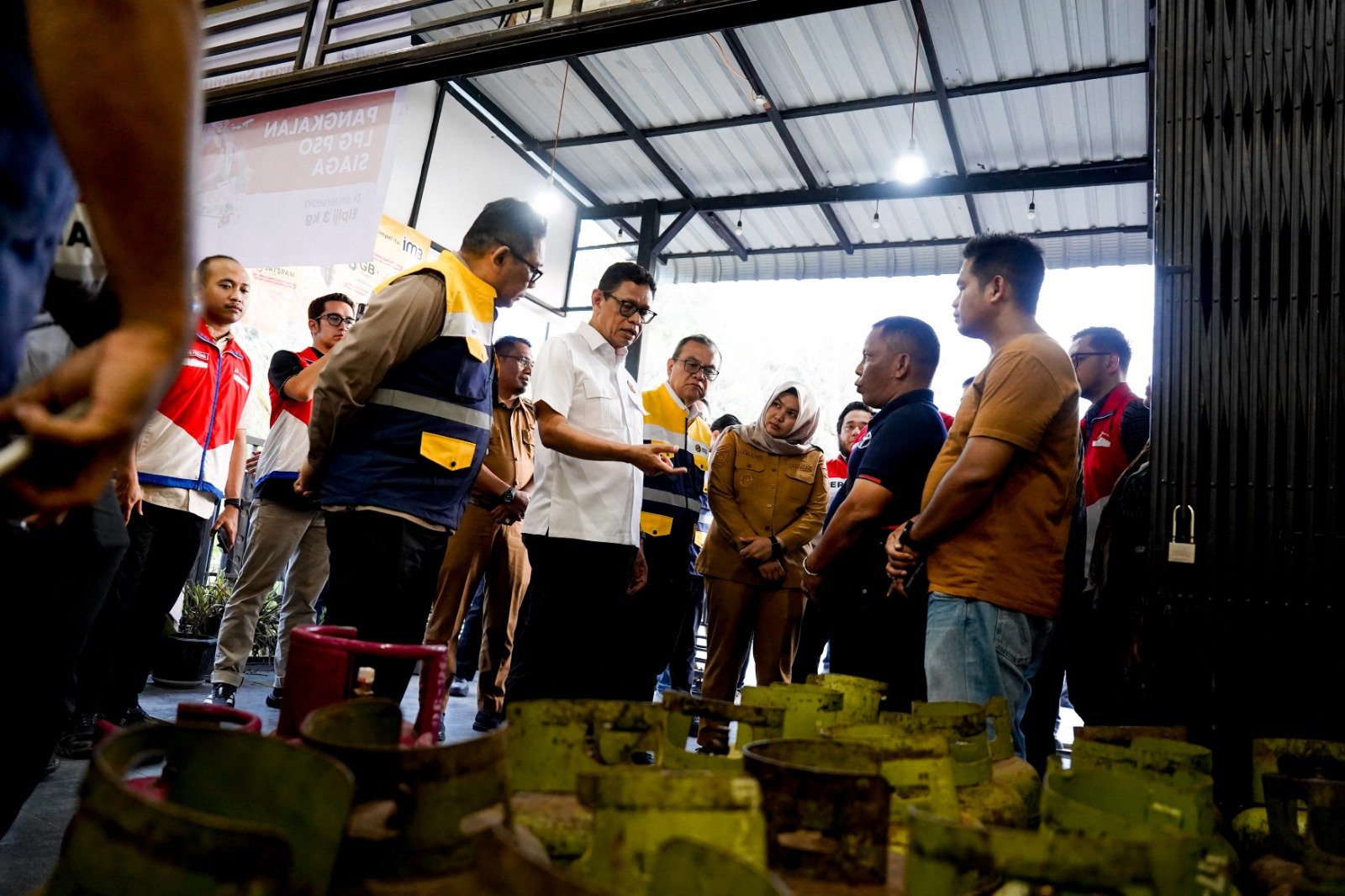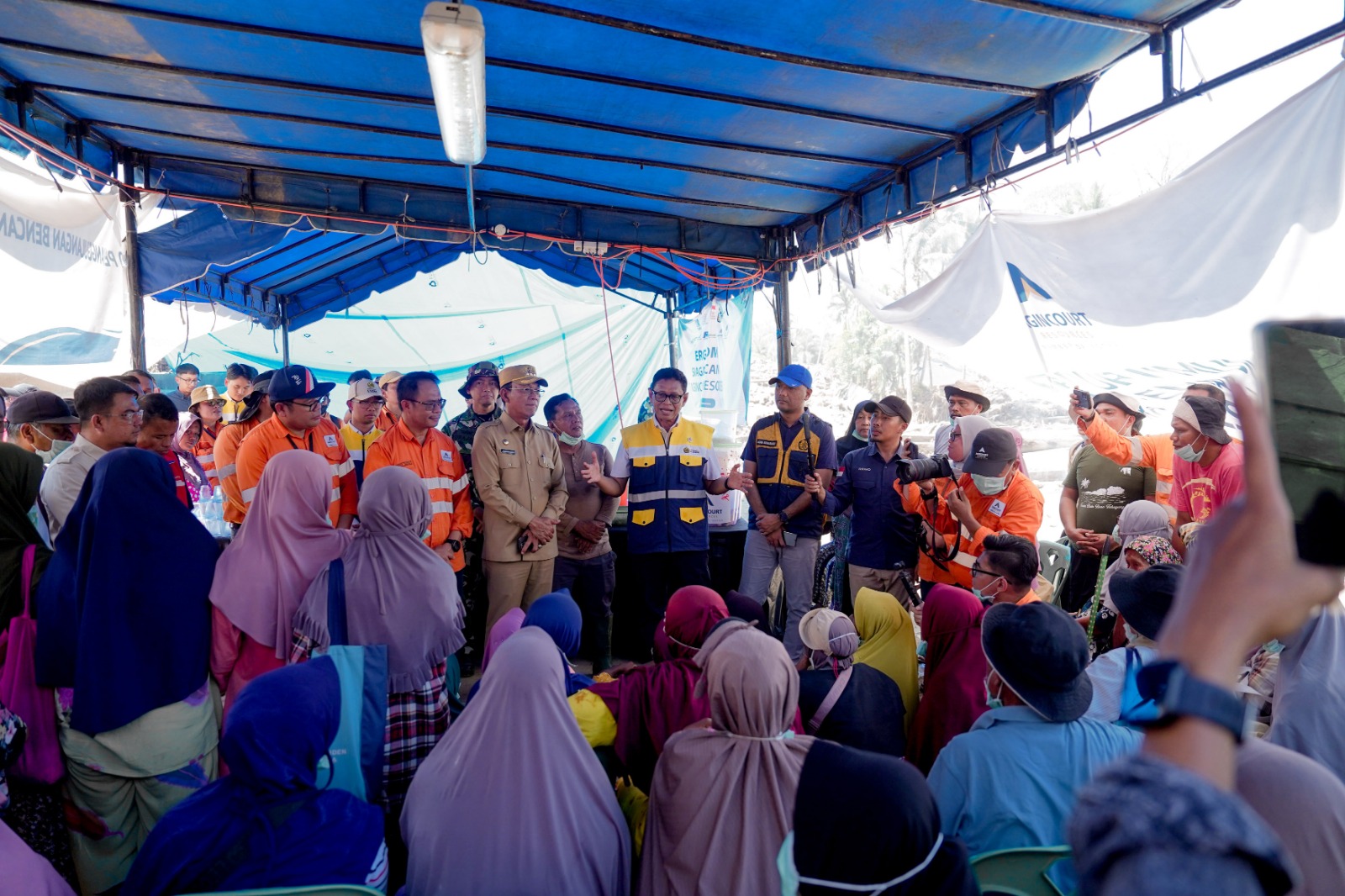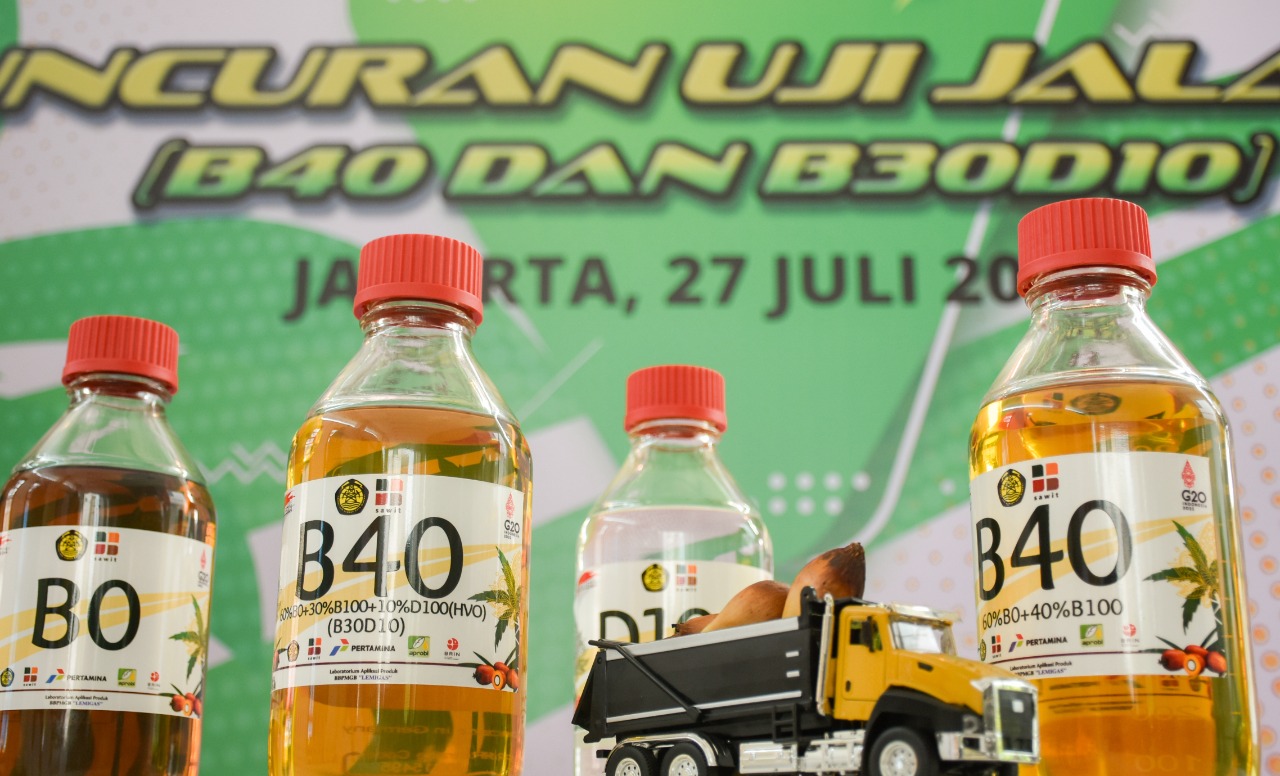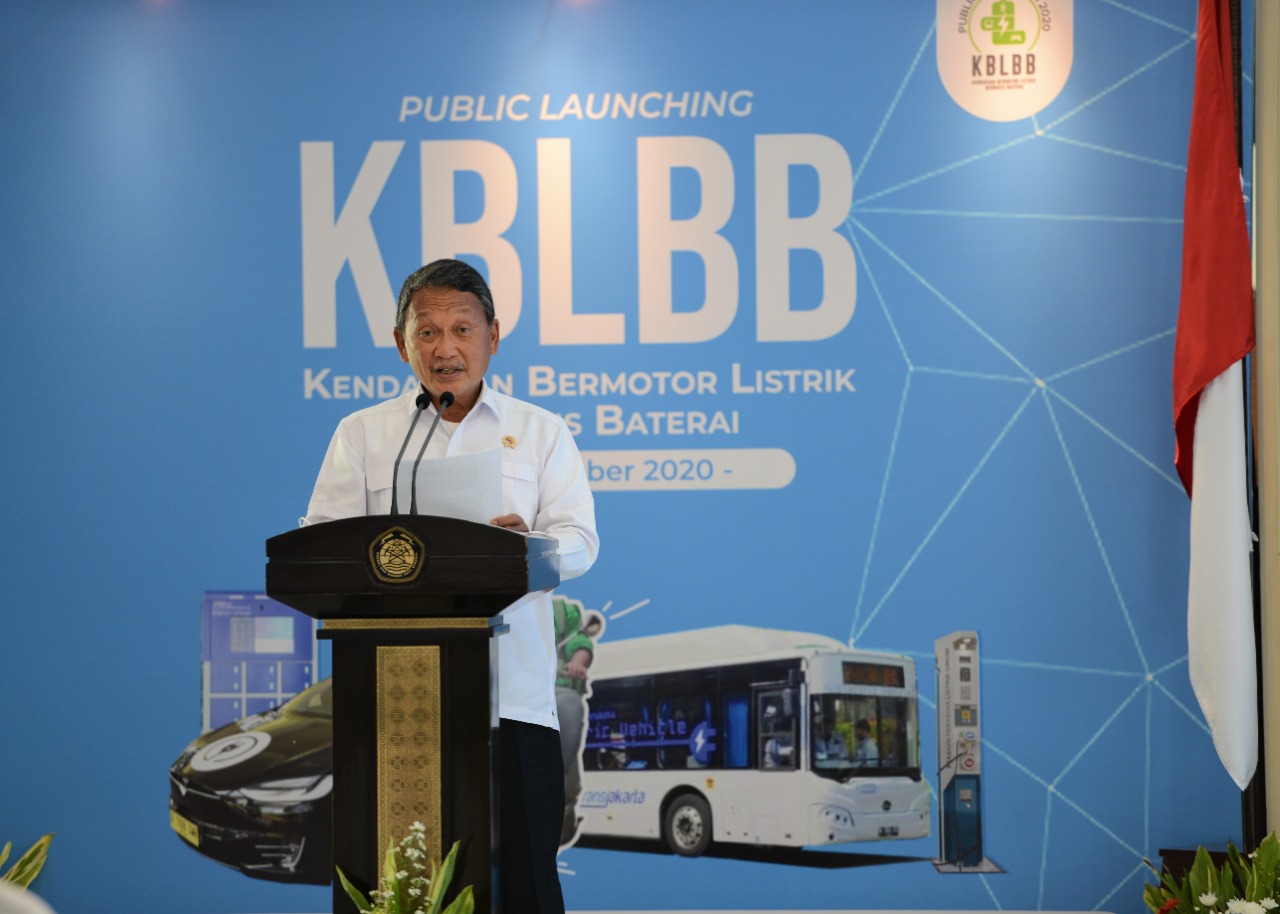
Electric Vehicles Improve National Energy Security, Says Energy Minister
MINISTRY OF ENERGY AND MINERAL RESOURCES
REPUBLIC OF INDONESIA
PRESS RELEASE
NUMBER: 341.Pers/04/SJI/2020
Date: 17 December 2020
Electric Vehicles Improve National Energy Security, Says Energy Minister
Indonesia is moving towards an era of electric vehicles with the online public launch of battery electric vehicles (KBLBB) on Thursday (17/12). The launch has been aimed to disseminate the national and regional governments' as well as stakeholders' programs that support the implementation of Presidential Regulation Number 55 of 2019 on Acceleration of Battery Electric Vehicles Program for Road Transportation.
"The logic behind the KBLBB Program is to improve the national energy security by reducing dependency on fuel imports, which will positively reduce the pressure on Indonesia's Balance of Payments," said Minister of Energy and Mineral Resources (EMR), Arifin Tasrif, at the launch.
Indonesia currently consumes about 1.2 million barrels of oil per day (bopd), mostly imported. With the ever-growing number of motorized vehicles, dependency on fuel imports will be on the increase.
"Therefore, the use of local energy sources, especially new, renewable energy and gas, is vital for power plants, which will supply electricity to electric vehicles. This way, we can improve air quality and support the target to reduce national greenhouse gas emissions," Arifin said.
Arifin went on to say that Indonesia has the potential to manufacture electric vehicles because the tecnologies and components are simpler than those used by conventional vehicles. This means there is plenty of opportunity for domestic automotive industry.
"Additionally, we have the potential to produce vehicle battery. Our nickel mineral potential is quite large, and we can use this as raw material for vehicle battery. A syndicate called Indonesia Battery Holding (IBH) has been formed, which is a joint venture of several state-owned enterprises, namely MIND ID, PT Pertamina, PT PLN, and PT Aneka Tambang. This holding company will manage the upstream to downstream processing of nickel products to turn them into vehicle battery," Arifin said.
Likewise, Coordinating Minister for Maritime Affairs and Investment, Minister of SOEs, and Minister of Transportation said that the Indonesian government is very serious about encouraging the implementation of the electric vehicle policy.
"This policy is expected to become one of the government's strategic efforts to recover the economy amid the pandemic while improving health quality through pollution-free environment," said Luhut Binsar Pandjaitan, Coordinating Minister for Maritime Affairs and Investment.
Luhut called on all state ministries, agencies, regional governments, and SOEs/Regional Government-owned Enterprises to pioneer the use of electric vehicles, especially as operational vehicles within their respective institutions. Luhut also appreciated institutions that have started to use electric vehicles for their office daily operations.
"To those of you whose offices have not used electric vehicles, I'd recommend you to increase the use of electric vehicles, (because they're) fuel-free and pollution-free vehicles," Luhut said.
Moreover, the Ministry of Home Affairs has recommended all governors in Indonesia to issue gubernatiorial regulation about providing incentives, participating in the public launch, and using electric vehicles for official and operational cars as well as public transportation.
Meanwhile, the official cars of Minister of Transportation and high-ranking officials within the Ministry of Transportation have also been shifted from fossil-fueled to electric-powered vehicles since Wednesdy (16/12).
Based on the initial scenario of the Energy Grand Design, the amount of foreign exchange that could be saved from lower fuel imports equivalent to 77 thousand bopd is projected to around US$1.8 billion, while CO2 reduction 11.1 million tonnes of CO2-e by 2030.
To create the conditions, a target of 2 million units of 4-wheeled vehicles and 13 million units of 2-wheeled vehicles has been set for 2030.
At the public launch, participants and business players have expressed their commitment to provide 19,000 units of 4-wheeled vehicles and 750,000 units of 2-wheelers by 2025 (data of 16 December 2020). This quantity can potentially reduce 283,000 tonnes of CO2-e. The commitment is temporary because the number is going up in line with the enthusiasm of all stakeholders to support electric vehicles as environmentally friendly vehicles of the future.
The Indonesian government believes that intensive collaboration and interaction as well as the media supplying balanced information will show that Indonesia promotes the use of electric vehicles.
"We need extraordinary work and excellent synergy to implement the electric vehicles program so that we can meet the set targets. We hope you will continue to contribute to this program," concluded Arifin.
The Ministry of EMR has prepared an Energy Grand Strategy, which includes the use of electric vehicles. In addition, road maps to electric vehicles are also supported by plans to build 2,400 points of Public Recharching Stations (SPKLU) and 10,000 points of Public Electric Battery Swap Stations (SPBKLU) by 2025 and to increase electricity capacity at households that use electric vehicles. The construction of SPKLU and SBKLU has been supported by issuance of EMR Ministerial Regulation Number 13 of 2020 on Provision of Recharging Infrastructure for Battery Electric Vehicles, which is a derivative of Presidential Regulation 55 of 2019.
The public launch was attended by ministers of the Forward Indonesia Cabinet, heads of Indonesian high state institutions, Presidential Chief of Staff, governors of the Indonesian provinces, executives of State-Owned Enterprises and private enterprises, associations in the energy and mineral resources sector, universities, and the media--all the elements that make up the pentahelix stakeholders of the electric vehicle ecosystem. (IY)
Head of Bureau of Communication, Public Information Services, and Cooperation
Agung Pribadi (08112213555)
Share This!

